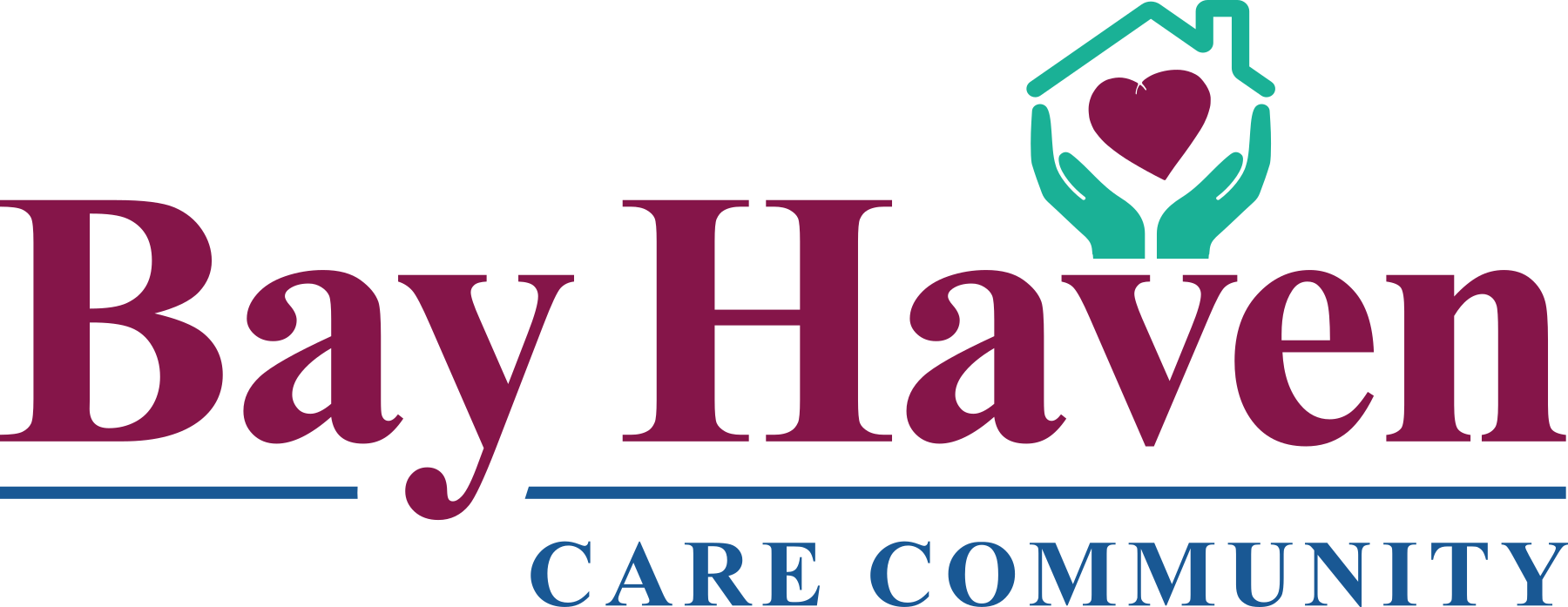
In Ontario, the month of June is considered Seniors’ Month and is a time to reflect and celebrate all seniors from across the province. This year’s theme is “Stay Safe, Stay in Touch” and it focuses on keeping our seniors safe, connected, and engaged at their home during the COVID-19 pandemic. According to the Minister for Seniors and Accessibility Raymond Cho “As we take this opportunity to mark Seniors’ Month, we recognize that these are very challenging times for seniors as they continue to self-isolate due to the risk of COVID-19. Now more than ever, it is important that we come together to support our seniors and recognize and honour the knowledge, experience, and the contributions that seniors have made to build the province that we enjoy today.”
Let us make this month extra special for our seniors by showing them as much support and love as possible. If you have a senior in your life, or if you want to help out voluntarily, please take the time to reach out to them to ensure that they have what they need during this very difficult time. There are plenty of things you can do to stay in touch with seniors, you can give them a call over the phone or through FaceTime or Zoom, you could pick up some groceries for them so they can stock up their refrigerators’ so they have food, or you could safely see them through a window while visiting. Anything that you do to help or connect with a senior will increase their level of happiness, especially since most of them cannot leave their home due to the COVID-19 pandemic.
The Ontario Government has the highest regard for our seniors and they are committed to protecting and supporting them as much as possible. According to Raymond Cho “We are continuing to invest in almost 300 Seniors Active Living Centres which help seniors remain active and engaged in age-friendly communities.” Cho said that 175 of these programs are currently being offered remotely through teleconference, online videos, and one on one phone calls. These are all critical programs that help seniors stay connection while being at home. The Ontario Government also invested $11 million dollars to implement the Ontario Community Support Program, which is used to help coordinate meals, medicine, and other necessities to seniors across the province. Not only that, but the Ontario government is also developing a comprehensive Seniors’ Strategy which helps seniors remain healthy, active, and socially engaged during the COVID-19 pandemic.
As you can see, the Ontario Government is doing a lot to support seniors during this most difficult time, and since June is Seniors’ Month, we should all be doing our part by reaching out to our seniors as well. At Bay Haven Care Community, the Recreation team conducts and designs programs that help stimulate seniors emotional, intellectual, physical, vocational, social, spiritual, and environmental well-beings to benefit the seniors lifestyle. This month, let’s stay safe and stay in touch together as we help our seniors cope through this pandemic lockdown.
Marco Sanfilippo
Marketing Specialist/Recreation Assistant


